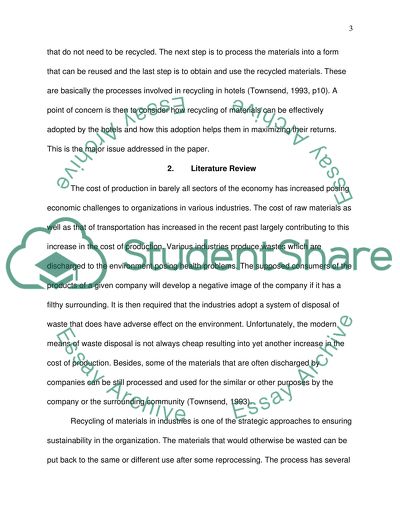Cite this document
(“How can hotels be more profitable by using recycling material Essay”, n.d.)
Retrieved from https://studentshare.org/environmental-studies/1411497-how-can-hotels-be-more-profitable-by-using
Retrieved from https://studentshare.org/environmental-studies/1411497-how-can-hotels-be-more-profitable-by-using
(How Can Hotels Be More Profitable by Using Recycling Material Essay)
https://studentshare.org/environmental-studies/1411497-how-can-hotels-be-more-profitable-by-using.
https://studentshare.org/environmental-studies/1411497-how-can-hotels-be-more-profitable-by-using.
“How Can Hotels Be More Profitable by Using Recycling Material Essay”, n.d. https://studentshare.org/environmental-studies/1411497-how-can-hotels-be-more-profitable-by-using.


